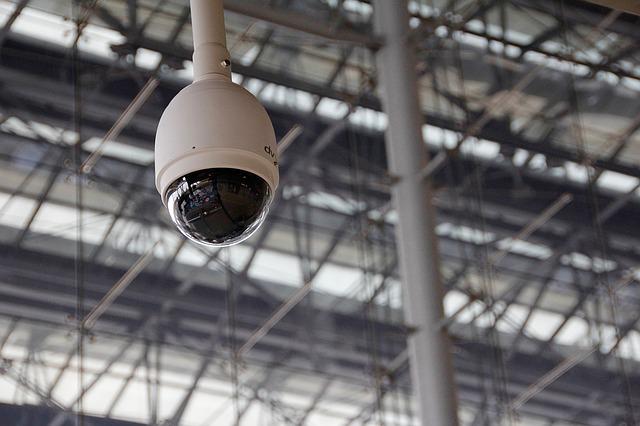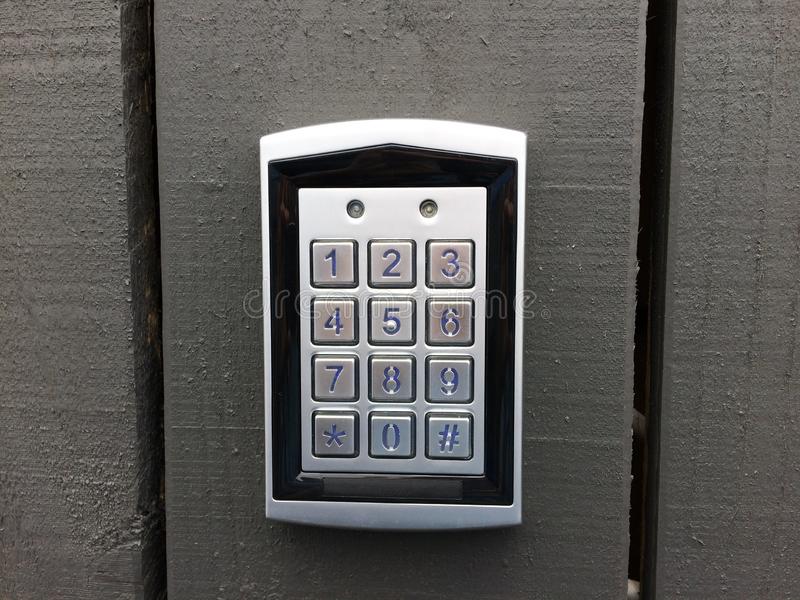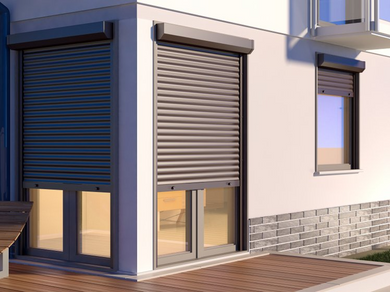
A door lock automatically is a type or locking mechanism which allows you to open the doors of your house with a single fingerprint or code. This technology allows for easy monitoring of your home when you're not there, and prevents children from misplacing their keys or leaving the outside unattended.
Auto-locking Doors
The automated lock allows you to program the time that your lock will lock or unlock. This can be a lifesaver for parents with small kids who often forget to lock the doors before they leave for work or school.
You can program your lock so that it unlocks automatically when the key is lost. This is useful if your children are young or you live in a building with several floors.

Smart Locks That Connect With Your Home
A number of newer smart locks connect to your Wi-Fi network and work with a smartphone app for remote control. These smart locks can be integrated into other smart devices at home such as security systems or other smart appliances. You can automate these devices to perform routine actions like turning off lights or lowering temperature before bedtime.
Some of these locks will even communicate with your security system and report back to you when it's safe to leave the house, so you can be sure no one else is slipping in.
The locks come in different finishes and styles, so you can select one that suits your style as well as the security needs of your home. You'll want to choose a model that has a sturdy construction and features high-quality locks for the most safety and security.
Deadbolt Lock
A deadbolt electronic lock is the best choice for those who do not want to carry physical keys or don't like how traditional locks look on their door. These locks feature a touchscreen keyboard or a button for locking and unlocking the door.

The Level Bolt lock ($182 on Amazon) is designed to fit within the door. If you want to keep your door simple and don't care about the smarts, this is a great option.
The best deadbolts come in solid metal. They are also paintable to match other parts of your home. They are easy to use and usually come with a guarantee for life.
Consider getting a touchscreen electronic deadbolt that is more durable and has a design that fits your home. Choose a lock that has a durable mechanical construction and a battery that is secure. If you're planning to place it on your door, it should have a durable construction that will withstand years of abuse.
FAQ
Which home security system has the most features?
The Ring Video Doorbell Pro has the most features out of all thehome security systems we reviewed. You can see who is at your door and talk to them via your phone. You can also record videos. It comes with a cloud storage service that allows you to save all recordings.
What is the highest-rated home security system rating?
ADT Pulse (Ring Alarm), Vivint SmartHome Security, Protect America, and Vivint SmartHome Security are the most well-known home security systems.
How do you choose between different home security systems types?
You should consider what kind of threats are in your area. For example, if there's a lot of crime in your neighborhood, then you might want an alarm that will sound when someone enters your property. In rural areas where there are fewer burglaries, you might not need as much security.
You also need to consider whether or not you're willing pay more for these extra features. Some systems include cameras built in, while others do not. Some allow you monitor your house remotely while others require you physically to view the footage.
Which is better: home security cameras or home security systems?
Home security systems can be more effective than home cameras as they can detect sound and movement even though no one is present in a room where the system has been installed. However, home security cameras can be mounted on doors and windows easily and are less expensive than home systems.
Statistics
- (In my experience, the discount on my home insurance covered about 25 percent of the subscription of an average plan, but your mileage may vary depending on your location and the size of your home.) (theverge.com)
- Most home security companies will charge you around 75% of the remaining term of your contract if you cancel early—and some require 100%.Related questionsWhat type of contract length can I expect from security providers?Home security system cancellation (safewise.com)
- Related questionsHome security systems that are 100% DIY (safewise.com)
- Cove sets you free without punishing penalties and fees, unlike other security solutions that charge 75% to 100% of your remaining contract. (safewise.com)
External Links
How To
How to Install an Home Security System
A home security system monitors your property and alerts if there is any activity. It could be a motion sensor, doorbell camera, smoke detector, fire alarm, flood alert, carbon monoxide detector, burglar alarm, etc. A home security system typically includes one or more sensors, such as motion detectors. These sensors send signals when they sense movement or sound. The signals are then sent by the sensors to a control center where they are recorded and monitored. If something goes wrong, like someone breaking in to your house, the control panels sends an alert to your phone or tablet, your computer, or voice assistant. You will be notified immediately and you can take immediate action.
First, you must choose the right type sensors for your home to install a home security system. There are two main types. Active and passive sensors. Passive sensors don’t require batteries. They only pick up sounds, vibrations and other signals from their environment. They include doorbells, sirens and buzzers. Active sensors transmit data using electricity. This type of sensor can be found in cameras and motion sensors.
There are many options for sensors. Each brand has its own pros and disadvantages. Some sensors are weatherproof and others aren't. Some have built-in speakers that allow you to hear them outside. Some work only indoors. Some are basic while others offer advanced features, such as night vision.
After selecting the right sensors for your property and deciding on a manufacturer, you will want to make a selection. This will ensure that your sensors are compatible. Your local hardware store should have plenty of options to choose from.
Once you have decided on a brand to use, it is time to decide on how many you want. Depending on whether you live alone or with your family, most people will start with just one or two sensors. If you are planning to add sensors later on, you may consider purchasing additional sensors.
Next, think about where you want them to go. Do you want them near doors and windows? Or would you rather have them hidden? Before placing them on your property, get permission. It is important to ensure they do not interfere with electrical outlets.
After you've determined the location of your sensors, you will need a way that they can be connected to your control panels. You might need a power adapter for your setup. Once everything is setup, you will be able to monitor your property.